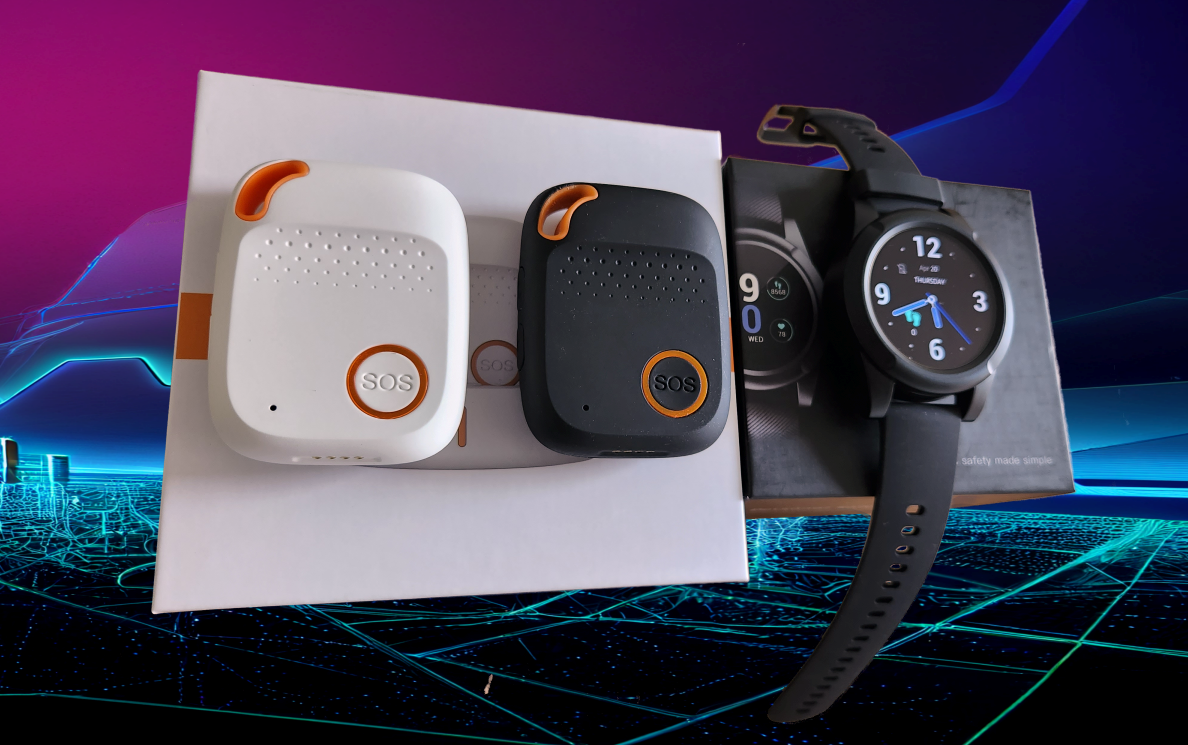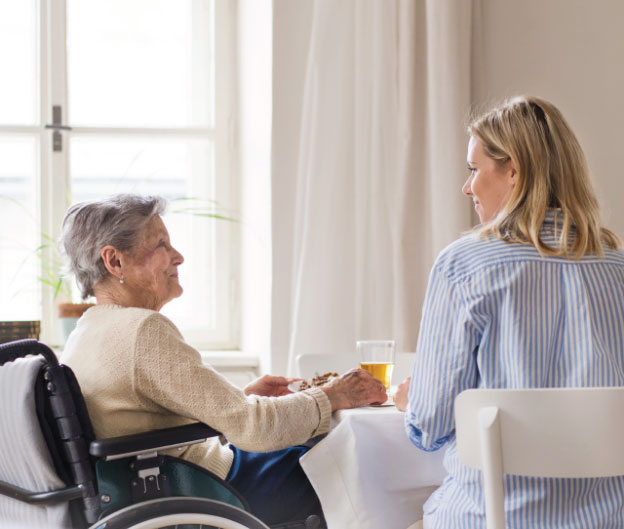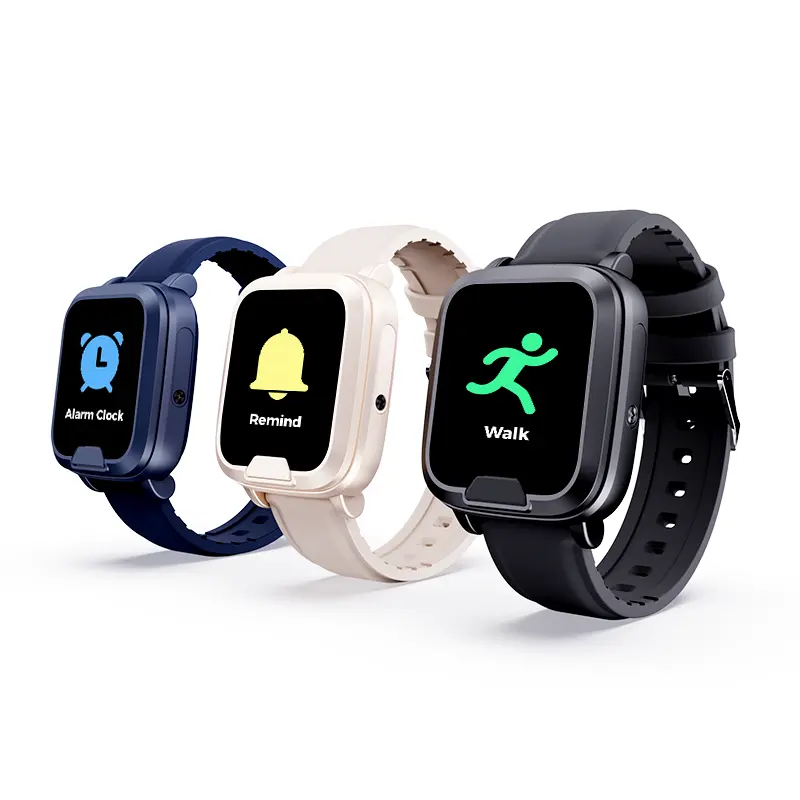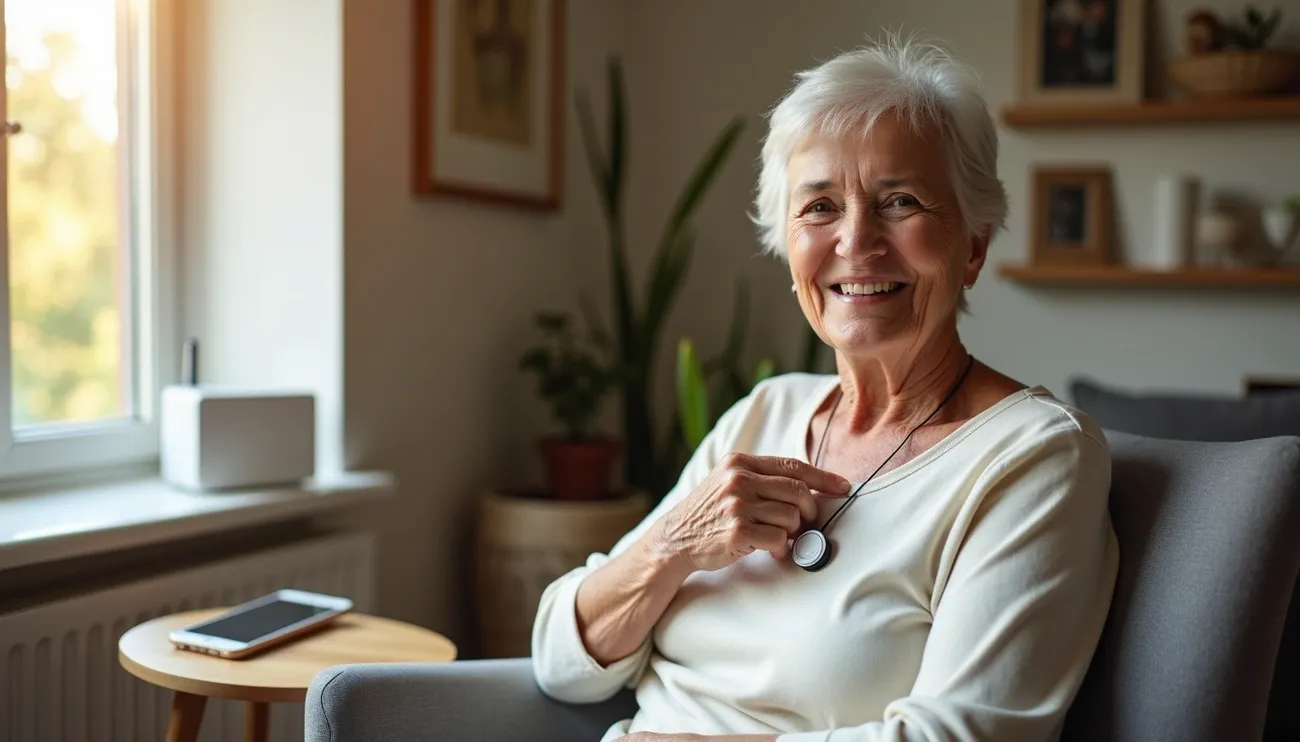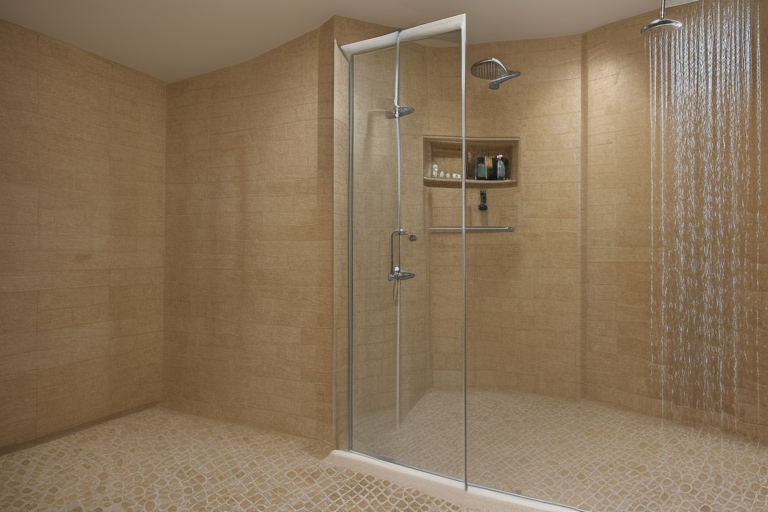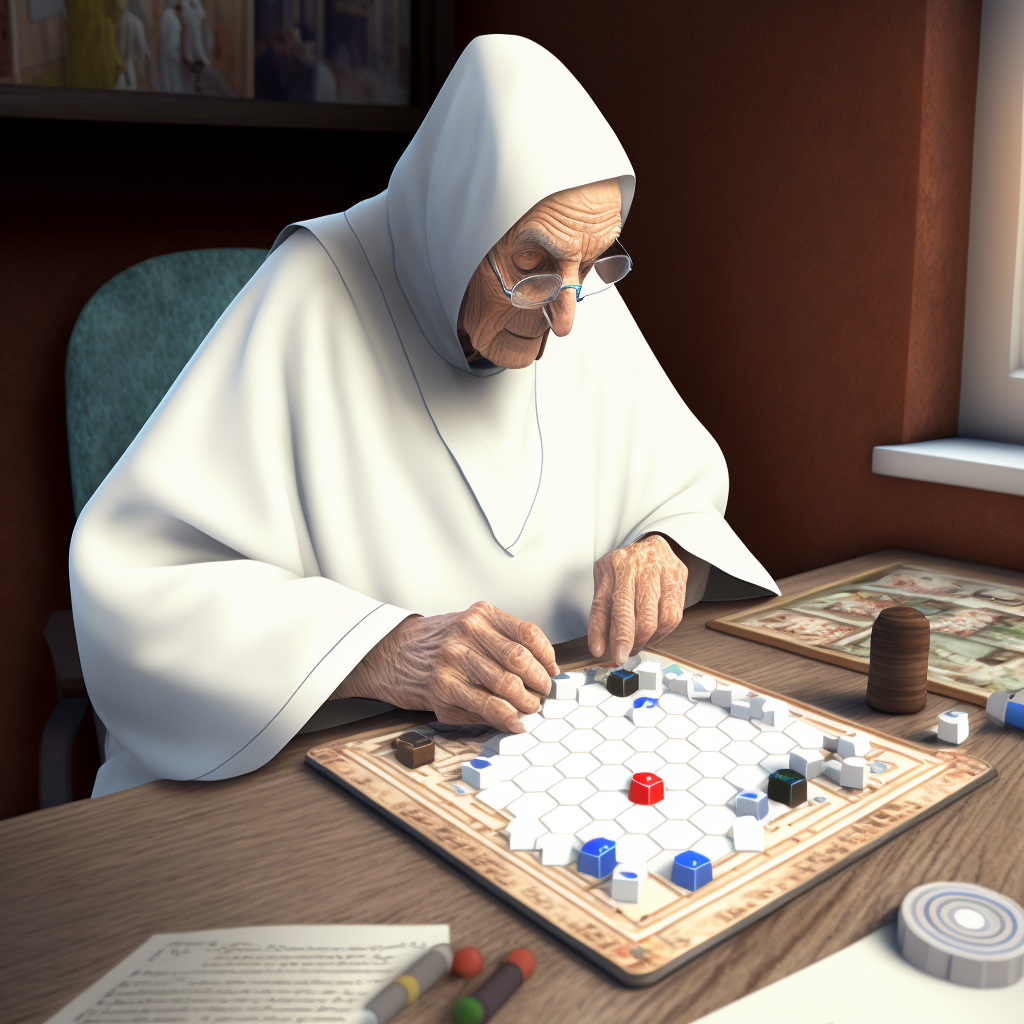Introduction to Personal Alarms for Elderly in Australia
With an ageing population in Australia, the number of elderly people requiring assistance and care is on the rise. One solution to help maintain their independence and safety is the use of personal alarms. These devices are designed to alert caregivers, family members, or emergency services when a senior needs help. In this article, we will discuss the importance of personal alarms, the features to consider when choosing the best personal alarm for elderly, and provide a comparison between two top personal alarms for seniors in Australia.
Personal alarms for seniors are an essential tool for those who wish to live independently while ensuring their safety. These devices can be worn around the neck, on the wrist, or even clipped to clothing. When activated, they send a signal to a monitoring centre or designated contact, notifying them that assistance is needed. With many different models and features available on the market, it can be challenging to determine which is the best personal alarm for elderly individuals.
This article aims to provide you with the necessary information to make an informed decision when selecting a personal alarm for your elderly loved one. We will be exploring the various features and functions of personal alarms, reviewing the top personal alarms available in Australia, and offering guidance on how to choose the best device for your specific needs.
Importance of Personal Alarms for Seniors
The safety and well-being of our elderly loved ones are of utmost importance. As they age, they may experience mobility issues, cognitive decline, or other health problems that can make living independently more challenging. Personal alarms offer a way for seniors to maintain their independence while ensuring that help is just a button press away.
Having a personal alarm can be a lifesaver in emergency situations, such as when a senior experiences a fall or requires urgent medical assistance. In these instances, every second counts, and having a quick and reliable way to call for help can make all the difference. Furthermore, personal alarms provide peace of mind for both seniors and their families, knowing that assistance is always available.
In addition to emergency situations, personal alarms can also be useful for seniors who may become disoriented or lost. Some devices come equipped with GPS tracking, allowing caregivers or family members to locate their loved one quickly. This feature is particularly beneficial for those with dementia or Alzheimer’s disease, who may wander away from home.
Features to Consider When Choosing the Best Personal Alarm for Elderly
When searching for the best personal alarm for seniors, there are several features to consider. These include:
- Ease of use: The device should be easy for seniors to operate, with large buttons and clear instructions. Additionally, it should be comfortable to wear and not cause any irritation when worn for extended periods.
- Range: The range of the personal alarm is crucial, as it determines how far away a senior can be from their base unit or monitoring centre while still being able to call for help. Look for devices with a substantial range to ensure that your loved one can move freely around their home or property.
- Battery life: A long battery life is essential in a personal alarm, to ensure that it remains functional when needed most. Some devices have a battery life of several days or even weeks, while others may require more frequent charging.
- Monitoring options: There are two primary monitoring options for personal alarms: professional monitoring centres or self-monitoring. Professional monitoring centres provide 24/7 support and will dispatch emergency services when necessary. Self-monitoring allows you to designate a family member or caregiver as the primary contact in case of an emergency.
- Additional features: Some personal alarms offer additional features such as fall detection, GPS tracking, and two-way communication. While these features may not be essential for all seniors, they can be beneficial for those with specific needs or concerns.
Top Personal Alarms for Seniors in Australia
a. Safe-Life Personal Medical Alarm 4G
The Safe-Life Personal Medical Alarm 4G is a top choice for seniors seeking a reliable and feature-rich personal alarm. This device operates on the 4G network, ensuring broad coverage and fast response times. With its GPS positioning capabilities, caregivers and family members can easily locate their loved one in case of an emergency or if they become lost.
In addition to its GPS features, the Safe-Life Personal Medical Alarm 4G also offers fall detection, which can automatically send an alert if the wearer experiences a fall. Two-way communication allows seniors to speak directly with a monitoring centre or designated contact, providing further reassurance in emergencies.
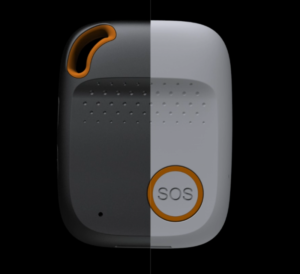
b. Safe-Life Watch Alarm 4G
The Safe-Life falls detector Watch Alarm 4G is another excellent option for seniors in Australia. This personal alarm for elderly Australia offers similar features to the Personal Medical Alarm 4G, such as GPS positioning, fall detection, and two-way communication. However, the Watch Alarm 4G is designed as a wristwatch, making it a more discreet and stylish option for seniors who may be hesitant to wear a traditional pendant-style alarm.
Both the Safe-Life Personal Medical Alarm 4G and the Safe-Life Watch Alarm 4G offer seniors an effective way to call for help when needed, with a range of useful features to ensure their safety and well-being.
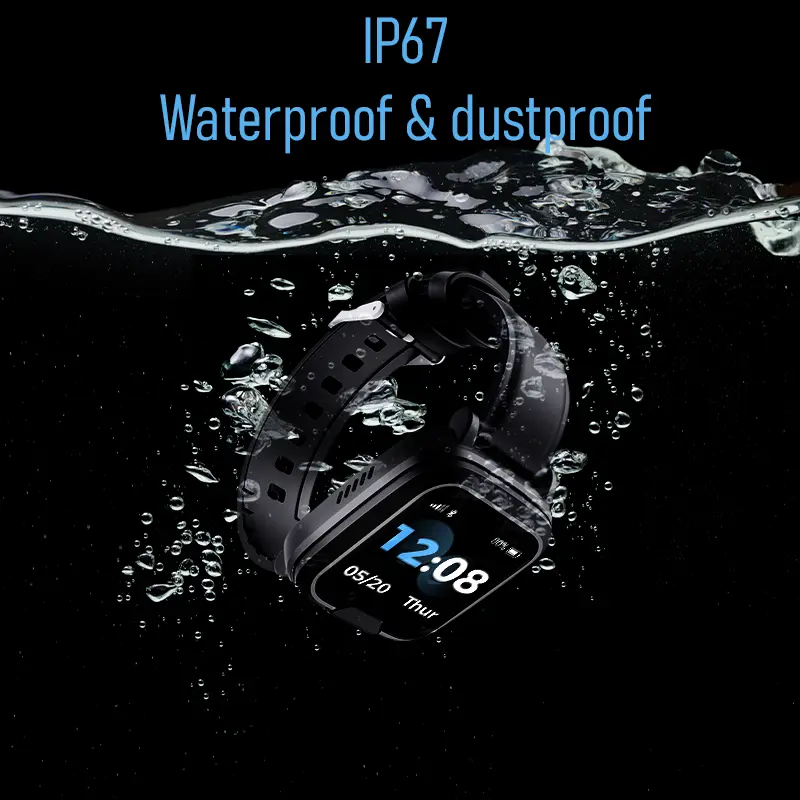
Comparing the Best Personal Alarm for elderly Australia: Safe-Life Personal Medical Alarm 4G vs. Safe-Life Watch Alarm 4G
When comparing the Safe-Life Personal Medical Alarm 4G and the Safe-Life Watch Alarm 4G, there are some key differences to consider. While both devices operate on the 4G network and offer GPS positioning, fall detection, and two-way communication, the choice between the two may come down to personal preference and style.
The Personal Medical Alarm 4G is a pendant-style device, which can be worn around the neck or clipped to clothing. This design may be more comfortable for some seniors, particularly if they have mobility limitations that make wearing a wristwatch difficult. The Watch Alarm 4G, on the other hand, offers a more discreet option, with all the same features as the Personal Medical Alarm 4G, but in a stylish wristwatch design.
Ultimately, the choice between the Safe-Life Personal Medical Alarm 4G and the Safe-Life Watch Alarm 4G will depend on the individual needs and preferences of the senior and their caregivers.
How to Choose the Best Personal Alarm for Your Loved One
In order to choose the best personal alarm for your elderly loved one, consider the following factors:
- Assess their needs: Determine the specific needs and concerns of your loved one. Are they at risk of falls or experiencing cognitive decline? Do they frequently leave the house and require GPS tracking? Understanding their unique needs will help you select a device with the appropriate features.
- Consider their preferences: Some seniors may prefer a pendant-style alarm, while others may be more comfortable with a wristwatch design. Discuss their preferences and ensure that they will be comfortable wearing and using the device.
- Evaluate monitoring options: Decide whether you want professional monitoring or self-monitoring for your loved one’s personal alarm. Both options have their advantages and disadvantages, so consider which will best suit your family’s needs and budget.
- Look for quality and reliability: Research various personal alarms on the market and read customer reviews to ensure that you are choosing a high-quality and reliable device.
By considering these factors, you can make an informed decision and select the best personal alarm for your loved one’s needs and preferences.
Tips for Using Personal Alarms Effectively
Once you have chosen the best personal alarm for your elderly loved one, it’s essential to ensure that they use it effectively. Here are some tips to help them get the most out of their device:
- Encourage regular use: Make sure your loved one wears their personal alarm at all times, except when charging, particularly when they are alone or engaging in activities that may increase their risk of falls or injury.
- Test the device regularly: Regularly test the personal alarm to ensure that it is functioning correctly and that the battery is charged. This will give both you and your loved one peace of mind knowing that the device is ready to use in case of an emergency.
- Educate them on proper use: Ensure that your loved one understands how to use their personal alarm correctly, including how to activate it and how to communicate with the monitoring centre or designated contact.
- Discuss the importance of the device: Remind your loved one of the importance of their personal alarm and the benefits it provides for their safety and independence.
By following these tips, you can help ensure that your elderly loved one uses their personal alarm effectively, providing them with the safety and peace of mind they deserve.
Assistance Programs and Funding for Personal Alarms in Australia
In Australia, there are several assistance programs and funding options available to help seniors access government funded personal alarms. These include the Commonwealth Home Support Programme (CHSP), Home Care Packages (HCP), as well as state-based programs and private health insurance rebates.
It’s essential to research these options and determine your loved one’s eligibility, as they may be able to receive financial assistance in obtaining a personal alarm. Speak with your healthcare provider or contact the relevant programs directly to learn more about the available funding and support.
Frequently Asked Questions About Personal Alarms for Elderly
Q: What is the best personal alarm for elderly Australian individuals?
A: The best personal alarm for seniors will depend on their specific needs and preferences. Some top options in Australia include the Safe-Life Personal Medical Alarm 4G and the Safe-Life Watch Alarm 4G.
Q: Are personal alarms waterproof?
A: Some personal alarm for elderly Australia are waterproof or water-resistant, allowing seniors to wear them while bathing or engaging in water-based activities. Be sure to check the specifications of the device you are considering to ensure it meets your loved one’s needs.
Q: How much do personal alarm for elderly Australia cost?
A: The cost of a duress alarm will vary depending on the features and monitoring options. Some devices require an upfront purchase price, while others may have ongoing subscription fees for professional monitoring services. Be sure to research various options and consider your budget when selecting a personal alarm.
Conclusion: Making the Right Choice for Your Family
Choosing the best personal alarm for elderly individuals in Australia can be a daunting task, but by considering their needs and preferences, evaluating various devices on the market, and seeking the appropriate funding and assistance, you can make an informed decision to ensure their safety and well-being.
By investing in a quality personal alarm, such as the Safe-Life Personal Medical Alarm 4G or the Safe-Life Watch Alarm 4G, you can provide your elderly loved one with the independence they desire while ensuring that help is always just a button press away.
Stay safe and secure with the Safe-Life 4G Personal Medical Alarm. With GPS positioning and the ability to call for help with just the press of a button, you can have peace of mind anywhere, anytime on the 4G network. Ideal for a variety of applications, including aged care, dementia care, personal security, and more. Contact us at ua.moc.efilefas@selas or call 03 9588 0392 to learn more and see if you’re eligible for a discount. Don’t wait – invest in your safety and well-being today!
Remember, personal alarms are not just a device, but a tool that can provide peace of mind to both seniors and their loved ones, knowing that help is always available. By choosing the best personal alarm for elderly individuals, you can ensure that your loved one can live independently while maintaining their safety and well-being.





